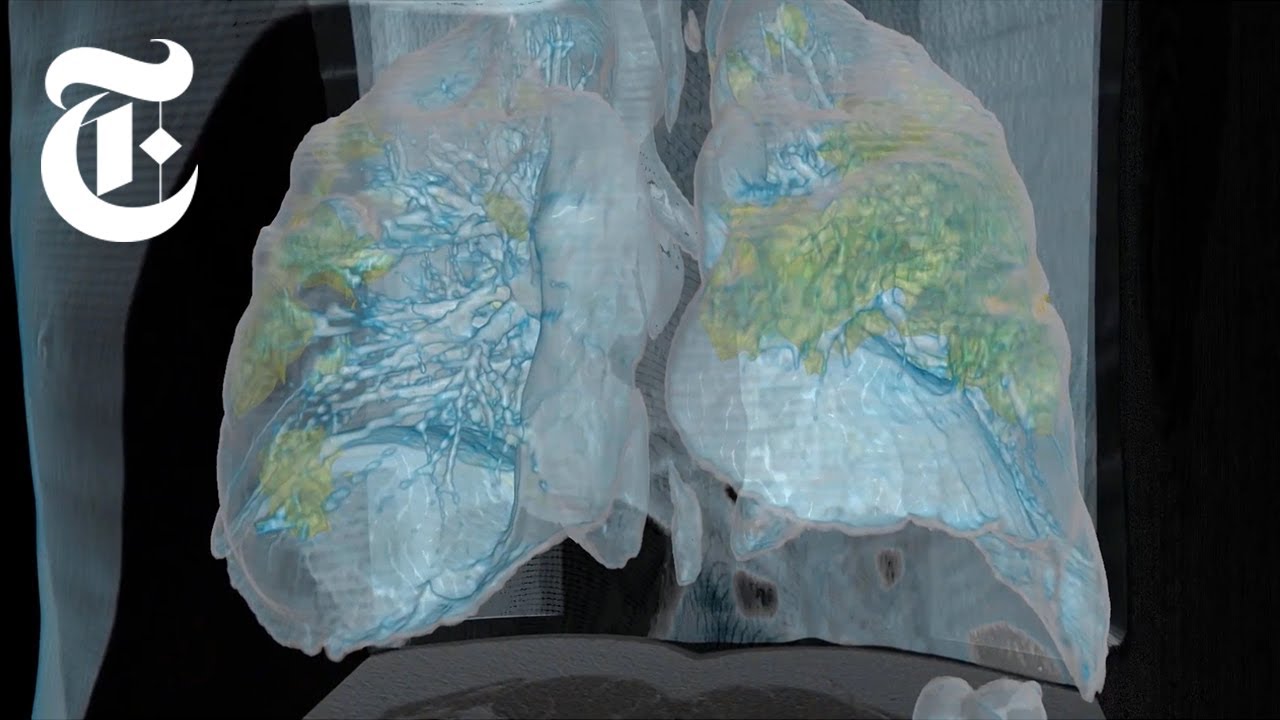How Coronavirus Attacks the Body

It doesn’t take long for mild coronavirus symptoms to turn serious.
These virtual reality images show how the virus can invade the lungs and kill.
What are the primary targets of the coronavirus in the human body?
Coronavirus or COVID-19 has affected millions of people globally and resulted in numerous fatalities. Although the virus primarily affects the respiratory tract, it can also cause damage to other organs in the body. Studies have shown that the virus gains entry into the body through the mouth, nose, or eyes. Here is a detailed analysis of how coronavirus attacks the body.
Respiratory System
The respiratory system, which includes the lungs, is the primary target of the coronavirus. The virus enters the body through droplets generated when an infected person coughs or sneezes. Once the virus gains entry into the respiratory tract, it targets the lining of the airways, causing inflammation. The inflammation causes the airways to narrow, making it challenging to breathe. Individuals with underlying respiratory conditions such as asthma and chronic bronchitis are at a higher risk of severe complications from COVID-19.
Cardiovascular System
The virus can also cause damage to the cardiovascular system, especially in severe cases. Coronaviruses can infect the heart muscle, leading to inflammation. The inflammation can make it difficult for the heart to pump blood effectively, leading to heart failure. Individuals with pre-existing cardiovascular conditions such as heart disease and high blood pressure are at a higher risk of severe complications from COVID-19.
Gastrointestinal System
Although not as common as respiratory symptoms, gastrointestinal symptoms such as diarrhea and vomiting have been reported in some COVID-19 patients. The virus can cause inflammation of the digestive tract, leading to symptoms such as abdominal pain and nausea.
Kidneys
The virus can also damage the kidneys, especially in severe cases where organ failure occurs. The virus can cause inflammation of the blood vessels in the kidneys, leading to reduced kidney function. Individuals with pre-existing kidney conditions are at a higher risk of severe complications from COVID-19.
Nervous System
COVID-19 can also affect the nervous system, resulting in symptoms such as headache, confusion, and seizures. The virus can cause inflammation of the brain, leading to a condition known as encephalitis. Encephalitis can cause permanent brain damage in severe cases.
In conclusion, while COVID-19 primarily affects the respiratory system, it can cause damage to other organs. Prevention measures such as social distancing, wearing masks, and regular hand washing can help prevent the virus’s spread. Individuals who experience symptoms should seek medical attention immediately to receive early treatment and prevent severe complications.









Spain’s coronavirus death toll surpasses China’s
What Ohio Voters Want In The 2020 Election
‘The Frontrunner’: Bernie Sanders Opens Up Big Delegate Lead After Nevada Blowout
UK Prime Minister Boris Johnson out of ICU amid COVID-19 battle
Did the US reopen faster than other countries?